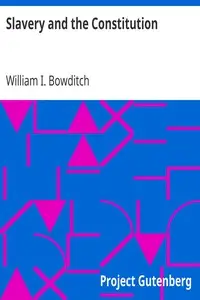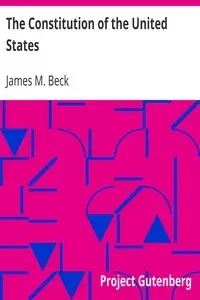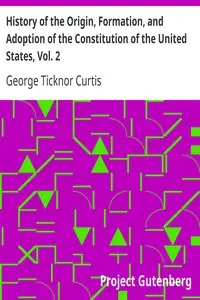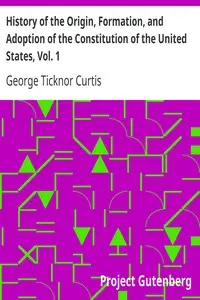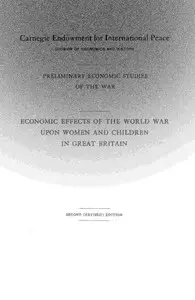"An Economic Interpretation of the Constitution of the United States" by Charles A. Beard is a historical analysis arguing that the U.S. Constitution was primarily shaped by the financial motivations of its creators, not just democratic principles. Beard challenges traditional historical perspectives by highlighting the economic conditions and personal wealth of the Founding Fathers, suggesting their decisions were influenced by their economic interests rather than pure idealism. Setting the stage for an analysis, the book introduces the idea that the Constitution's birth was less about abstract ideas and more about concrete economic advantages for those in power, calling for a necessary reexamination of the historical motivations of influential figures during the Constitution's creation.
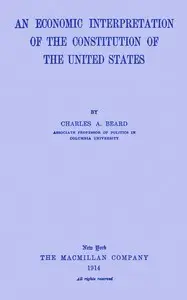
An economic interpretation of the Constitution of the United States
By Charles A. (Charles Austin) Beard
Uncover the hidden story of America's founding, where the pursuit of wealth and personal gain shaped the birth of the Constitution, rewriting what you thought you knew about liberty and democracy.
Summary
About the AuthorCharles Austin Beard was an American historian and professor, who wrote primarily during the first half of the 20th century. A history professor at Columbia University, Beard's influence is primarily due to his publications in the fields of history and political science. His works included a radical re-evaluation of the Founding Fathers of the United States, whom he believed to be more motivated by economics than by philosophical principles. Beard's most influential book, An Economic Interpretation of the Constitution of the United States (1913), has been the subject of great controversy ever since its publication. While it has been frequently criticized for its methodology and conclusions, it was responsible for a wide-ranging reinterpretation of early American history.
Charles Austin Beard was an American historian and professor, who wrote primarily during the first half of the 20th century. A history professor at Columbia University, Beard's influence is primarily due to his publications in the fields of history and political science. His works included a radical re-evaluation of the Founding Fathers of the United States, whom he believed to be more motivated by economics than by philosophical principles. Beard's most influential book, An Economic Interpretation of the Constitution of the United States (1913), has been the subject of great controversy ever since its publication. While it has been frequently criticized for its methodology and conclusions, it was responsible for a wide-ranging reinterpretation of early American history.


